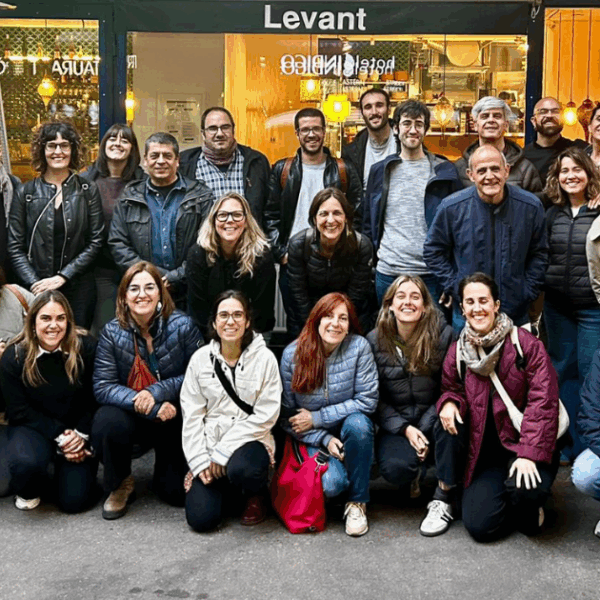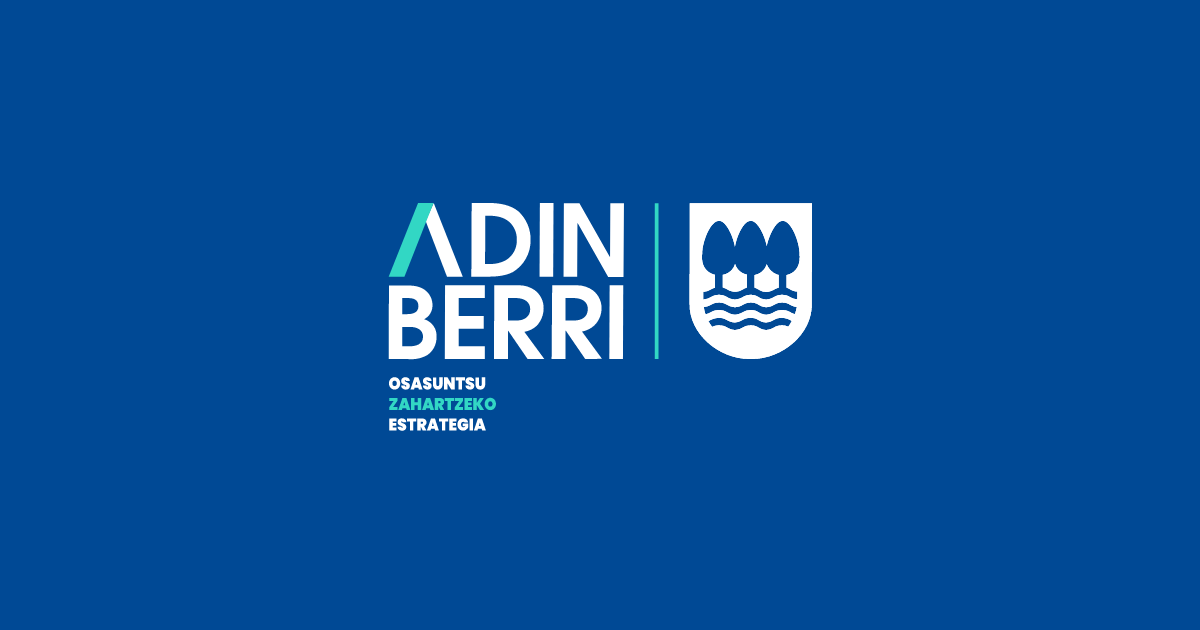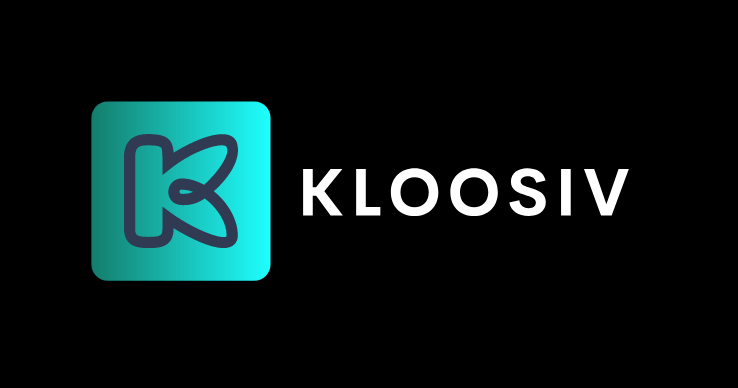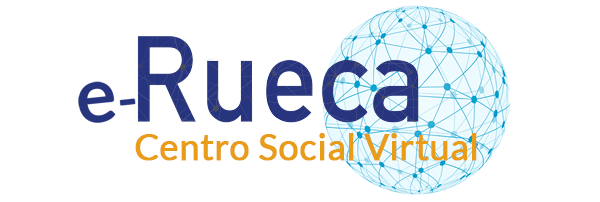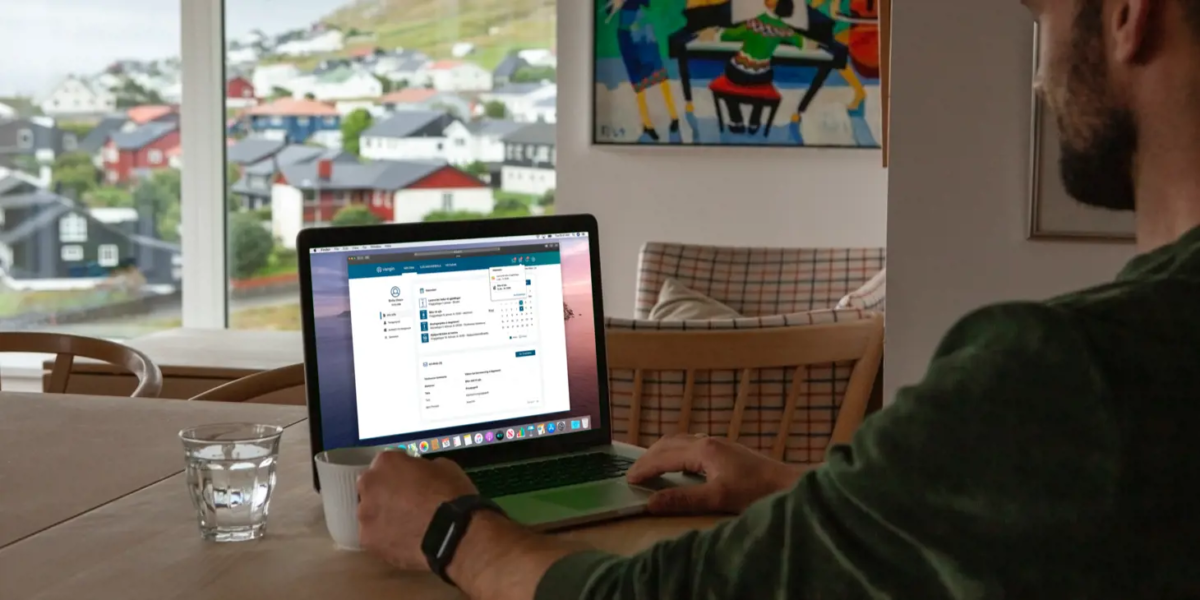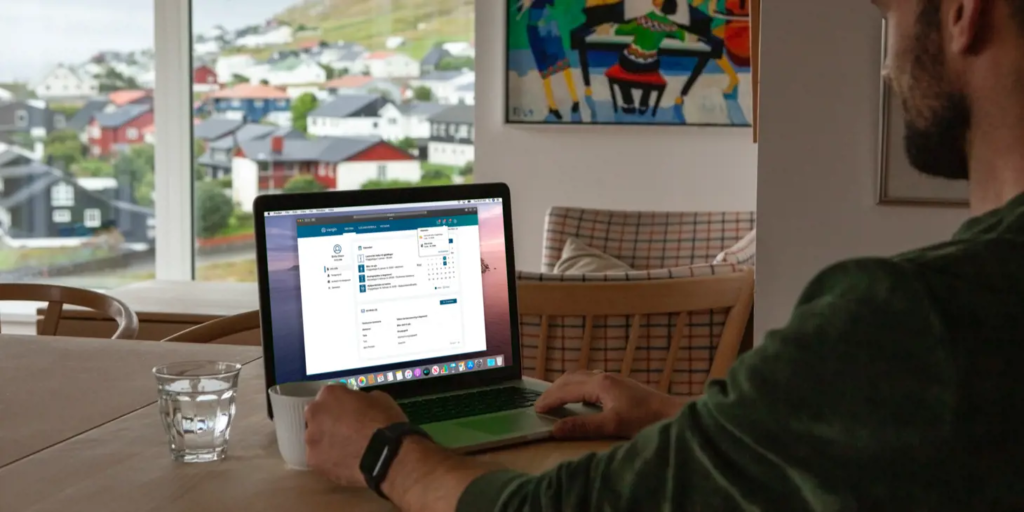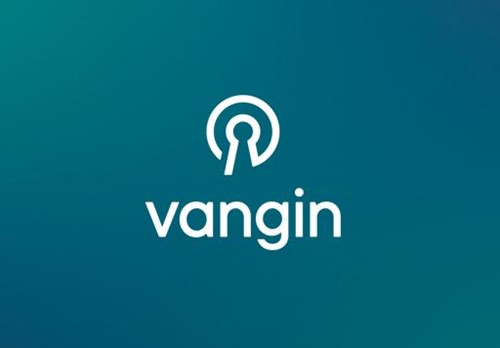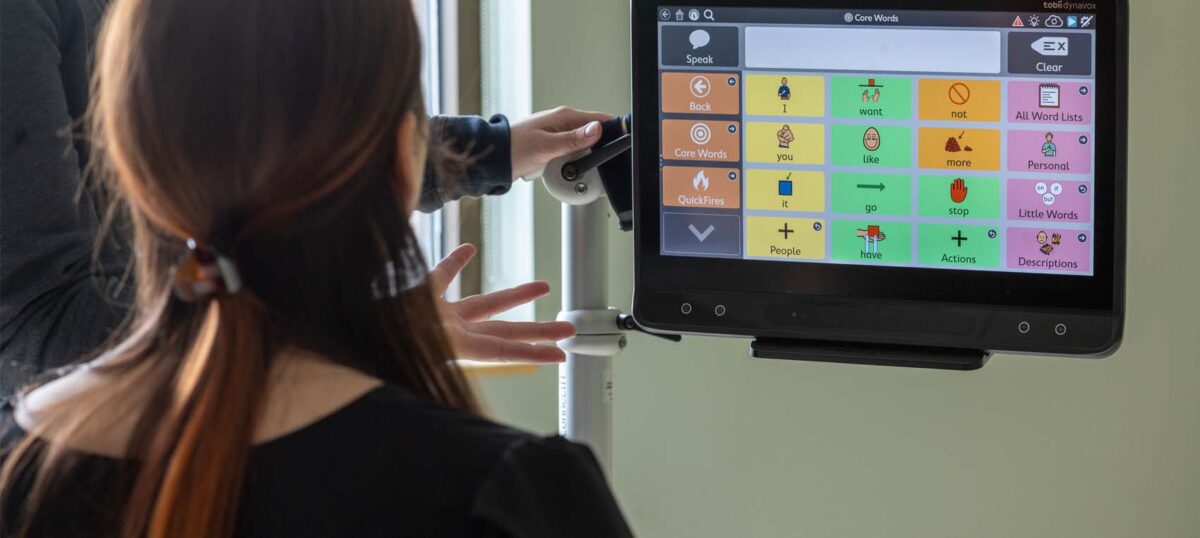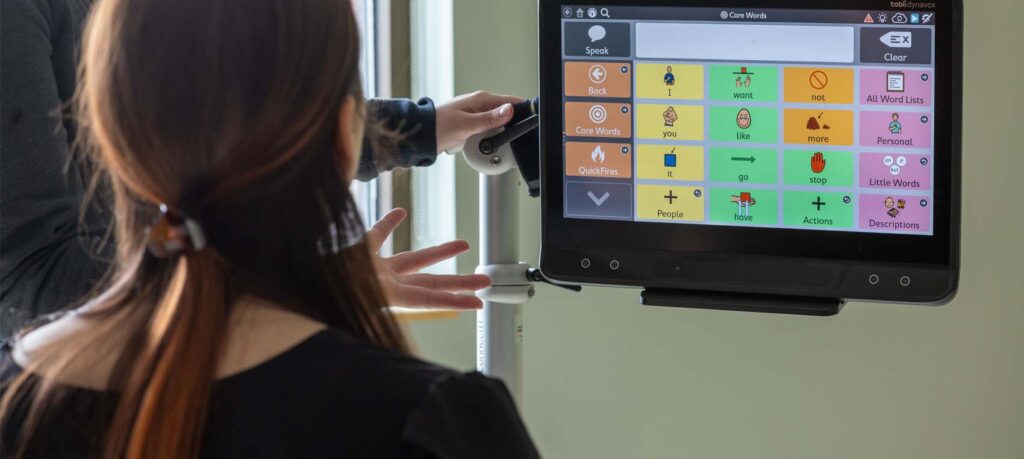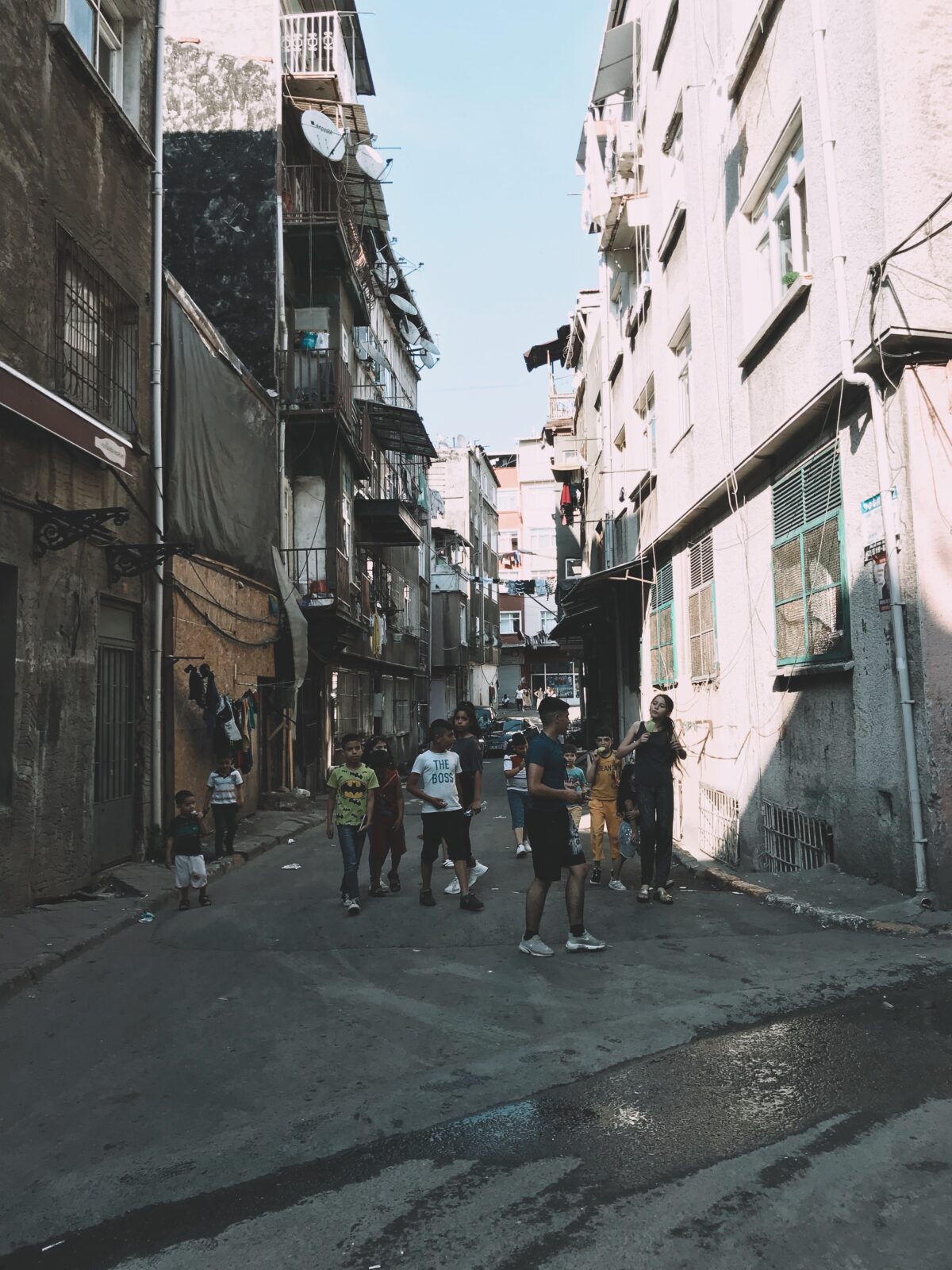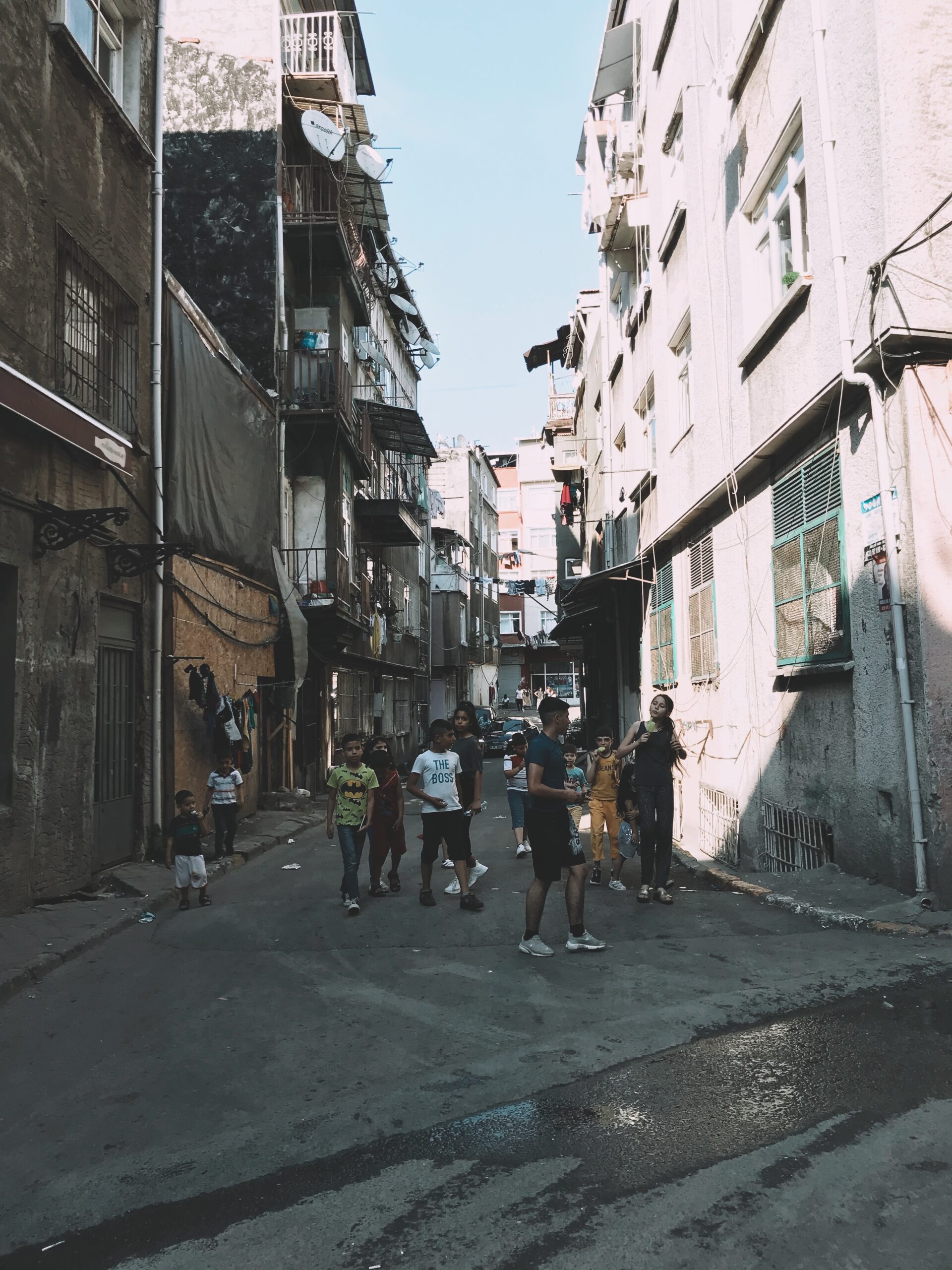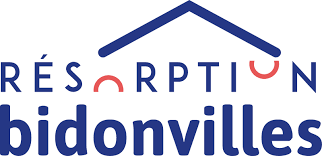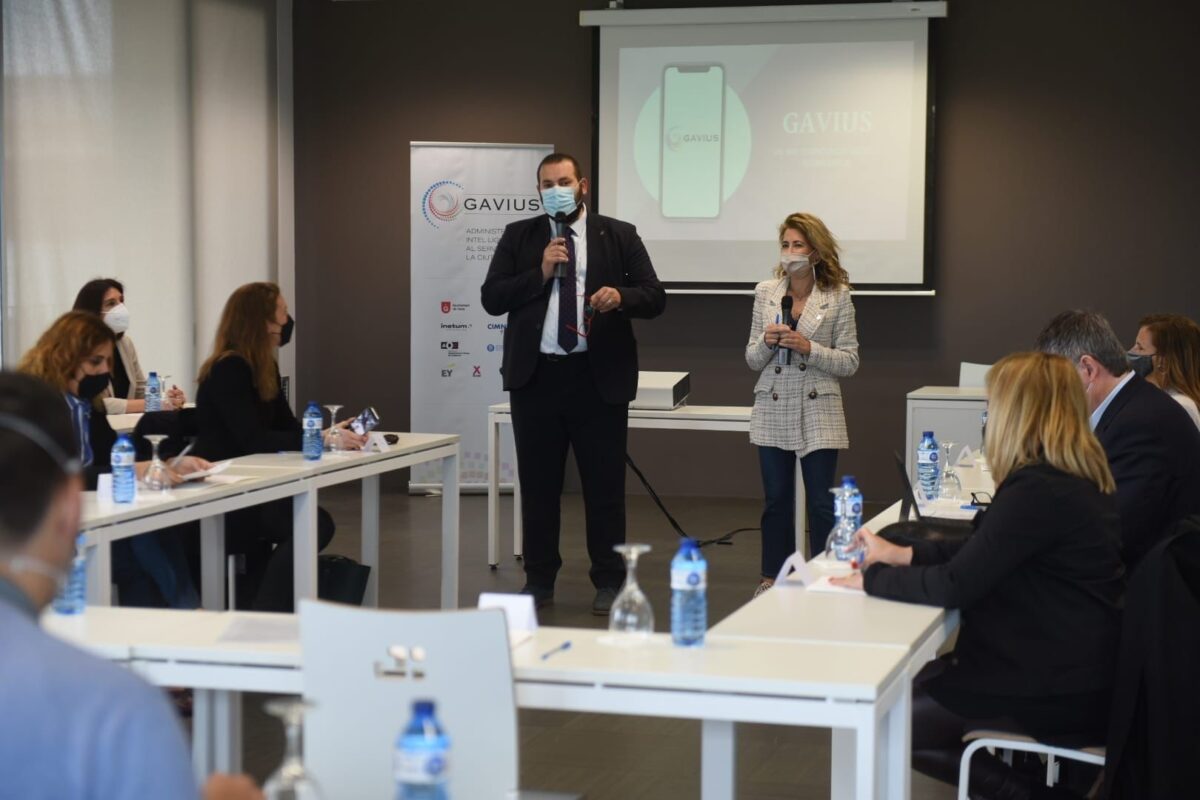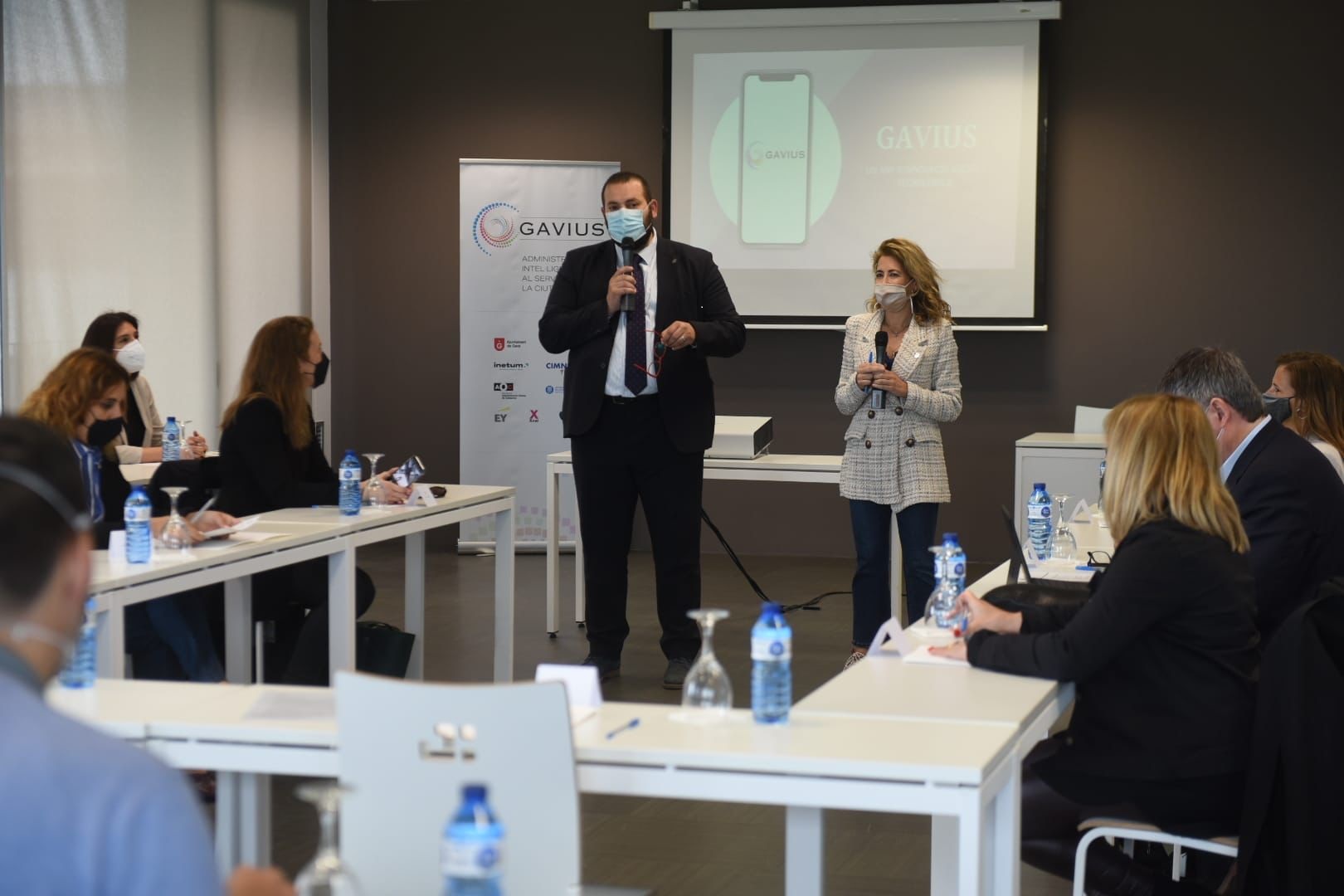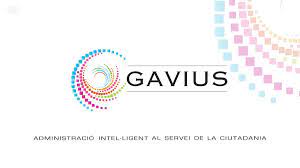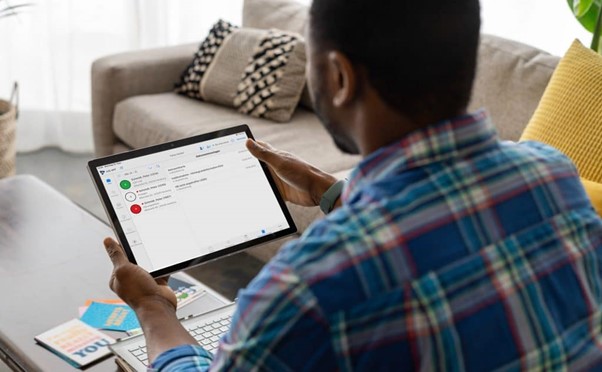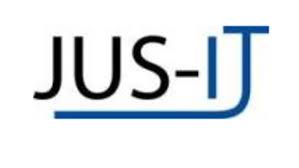Tot OK?, a platform for detecting cases of child violence
Tot OK?, a platform for detecting cases of child violence
Generalitat de Catalunya
Platform with an online chat and WhatsApp number designed to detect and prevent cases of child violence

Tot OK? is an online platform designed to prevent, identify, and respond to situations of violence affecting children and teenagers. It offers information and support both to those directly experiencing or who have experienced violence, as well as to people who are aware of such cases in their environment. This service expands on the existing Infància Respon helpline, managed by the Directorate General for the Prevention and Protection of Children and Adolescents (DGPPiA), with the goal of reaching a younger audience more effectively.
The platform is divided into five sections tailored to the user’s age and role: children, teens, young adults, childhood-related professionals, and the general public. Each section uses language and content suited to its audience to ensure clear and accessible communication. Additionally, the platform includes a resource hub with informative materials adapted to the needs of different users.
To make communication easier for children and young people, Tot OK? provides a live chat service and a WhatsApp number. Recognizing that it can be difficult to talk about these situations over the phone, these channels offer more comfortable and familiar ways for youth to reach out.
The professional team includes psychologists, social educators, social workers, and pedagogues. These specialists are responsible for identifying and addressing risk situations and referring each case to the most appropriate support services.
Characteristics of innovation
Location
Catalonia
Partners / Founders
Gobierno de España, Next Generation Catalunya, Next Generation EU, Plan de Recuperación, Transformación y Resilencia, Infància Respon
Genesis
The Infància Respon helpline, active since 1997, recorded a very low number of calls from children and teenagers in 2023, only 6.7% of the total. This is partly due to how difficult it can be for young people to report such situations over the phone. For this reason, in early 2025, an online chat and a WhatsApp number were developed, currently in a trial phase, to make it easier for children and teens to communicate in these cases.

Banc d’innovacions




